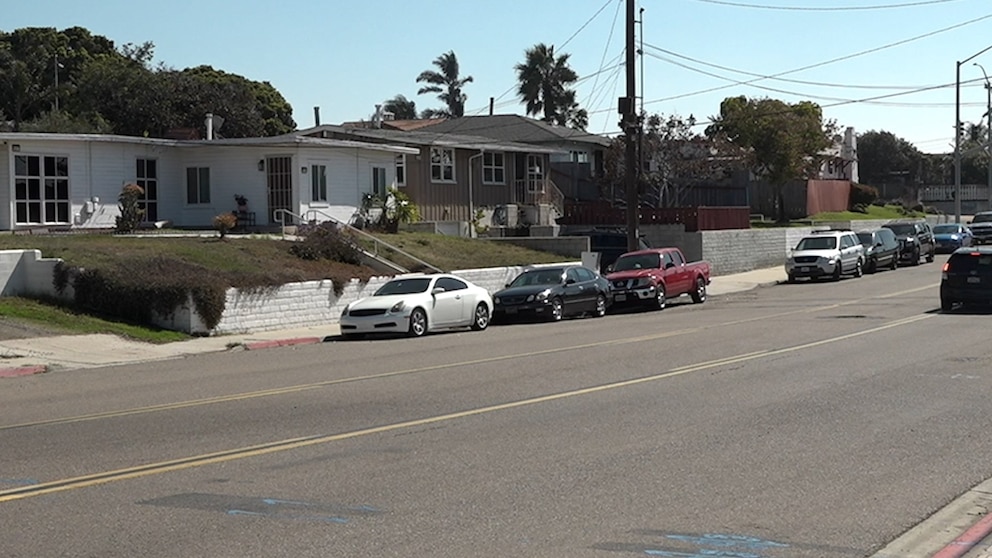A Family’s Fear: Leaving Home Behind
In recent months, a family from California made the difficult decision to leave the United States, driven by a growing sense of fear and uncertainty. The family, who had lived in the U.S. for over a decade, chose to relocate to their native country after hearing about increased Immigration and Customs Enforcement (ICE) raids in their community. While the precise details of their story remain private, their decision reflects a broader trend of anxiety and instability among immigrant families across the country. Many are grappling with the consequences of stricter immigration policies, which have created an environment of constant vigilance and fear.
The Ripple Effect: How ICE Raids Impact Families
The fear of ICE raids has become a pervasive reality for many undocumented immigrants and even legal residents in the U.S. For this California family, the prospect of being separated or deported loomed large, particularly for their children, who were born in the U.S. and are therefore American citizens. The family’s decision to leave was not made lightly; it involved uprooting their lives, leaving behind jobs, homes, and a network of friends and family. The emotional toll of such a decision cannot be overstated, as it often means sacrificing stability and familiarity for the uncertain hope of safety.
The Psychological Impact on Children
One of the most heartbreaking aspects of this story is the impact on the family’s children. For kids who have grown up in the U.S., the idea of leaving behind everything they know—school, friends, and a sense of belonging—can be devastating. Studies have shown that children of immigrant families often experience heightened levels of anxiety and stress when they or their parents are at risk of deportation. This fear can manifest in behavioral changes, academic struggles, and long-term emotional scars. In this case, the family felt that leaving the U.S. was the only way to protect their children from the trauma of potential separation or the disruption of their lives.
The Broader Context: ICE Policies and Enforcement
The family’s decision to leave the U.S. is part of a larger narrative about the impact of ICE policies under recent administrations. In the past few years, there has been a noticeable increase in ICE enforcement actions, including raids at workplaces, schools, and even hospitals. These actions have created a climate of fear and mistrust within immigrant communities, where even legal residents feel vulnerable. While ICE maintains that its operations are intended to target individuals with criminal records or those who pose a threat to public safety, the reality on the ground often results in the detention of people with no criminal history, including parents of U.S.-born children.
The Community Responds: Support and Solidarity
Despite the challenges, many communities have come together to support families like this one. Local organizations, churches, and advocacy groups havebeen working tirelessly to provideResources such as legal advice, emotional support, and practical assistance to those affected by ICE actions. However, the growing number of families leaving the U.S. out of fear has also raised concerns about the long-term consequences for these communities. The loss of productive members of society, many of whom have contributed to their neighborhoods through work, volunteerism, and cultural enrichment, is a blow to the social fabric of these areas.
Looking Ahead: The Need for Comprehensive Immigration Reform
The story of this California family highlights the urgent need for comprehensive immigration reform. While the current political climate makes such reform a challenge, it is clear that the status quo is unsustainable. Families should not have to live in constant fear of separation or deportation, and children should not have to bear the emotional burden of their parents’ precarious legal status. By advocating for policies that provide a pathway to citizenship, protect families, and uphold human rights, we can create a society that values the contributions of all its members, regardless of their immigration status. The decision of this family to leave the U.S. is a poignant reminder of the human cost of our current immigration system—and the need for change.















